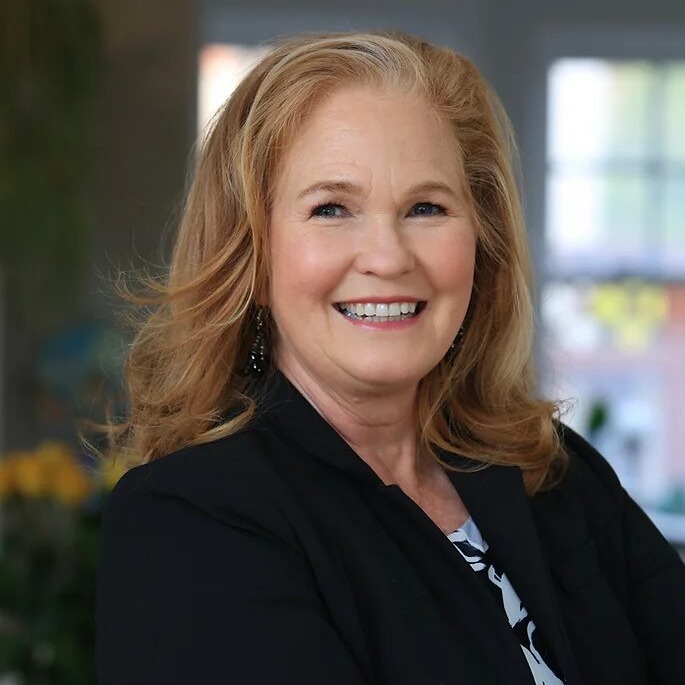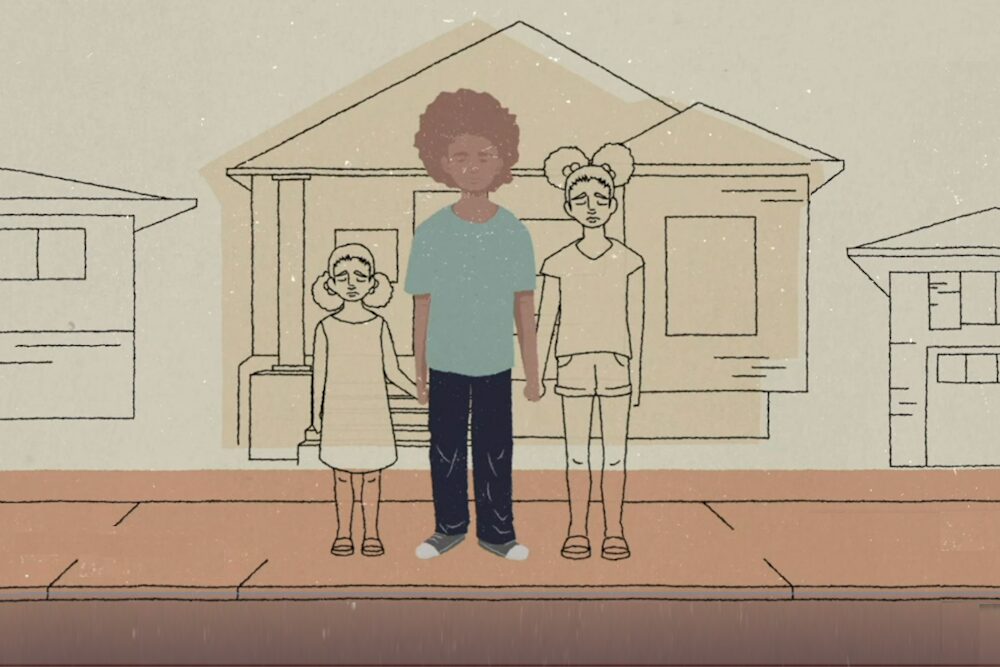Of the nearly 45,000 children in the California foster care system, over 8,000 are placed in resource family homes supported by nonprofit foster family agencies. Many of the state’s 220 foster family agencies are on the verge of losing their liability insurance, without which they cannot legally operate. Foster family agencies’ contract with counties who require the agencies to maintain liability insurance.
Currently, people in the system can file claims against foster family agencies for abuse or neglect — without a statute of limitations. The lack of a statute of limitations has resulted in a rise in claims and large settlements.
The national insurance company, Nonprofit’s Insurance Alliance — a single nonprofit risk pool — recently announced it is refusing to offer foster family agencies liability insurance.
On June 12, Nonprofit’s Insurance Alliance stated on it’s website, “NIAC (Nonprofit’s Insurance Alliance of California) insures 90% of foster family agencies (FFAs) in California and we will be forced to non-renew all of these FFA’s soon — unless immediate changes are made to the judicial process. The judicial system has changed. Right now, it’s crushing foster family agencies across California.”
If the vast majority of agencies will no longer be covered by commercial general liability insurance they will be forced to shutdown. This means that over 8,000 youth in foster care in California will be displaced and have nowhere to go as early as September 30.
Jessie Torrisi, director of communications at Reimagine Freedom, that works with women and girls experiencing poverty, exploitation, and incarceration, stated in a recent press release, “[This will be] terrible for young people. We know there is a real problem in making sure young people are safe and not subjected to violence, but if thousands of youth are suddenly kicked out of their placements, the violence, poverty and homelessness they face will become far worse.”
What does commercial general liability insurance cover?
NIAC’s website explains why foster family agencies (FFAs) need insurance:
- California counties rely on and contract with FFAs to recruit, approve, train, and support these resource parents, thereby reducing the number of children in congregate care.
- Working with foster children exposes FFAs to the risk of large jury verdicts. FFAs are increasingly being held responsible for the bad acts of others and are on the verge of becoming uninsurable.
- Without [commercial general liability] insurance, FFAs would not be able to serve children in thousands of safe and stable family settings across the state.
- Runaway verdicts that punish nonprofit FFAs for the unforeseeable actions of others threaten the health and safety of the nearly 9,000 children that rely on FFAs for a safe place to live.
- Most insurers have left or are leaving the market. A single nonprofit risk pool, Nonprofits Insurance Alliance of California (NIAC), now insures approximately 90% of the FFAs operating in California.
- However, NIAC is no longer accepting new FFA business and has announced its intention to no longer renew FFA insurance policies unless legislation is passed that ensures that FFAs will not be held responsible for matters over which they have no control.
- This elimination of liability insurance would cause a collapse of California’s FFA system. Without insurance, FFAs would be required to return foster children to congregate care — which could include juvenile detention centers.
What is the Foster Family Agency Accountability Act?
NIA’s website states, “The Foster Family Agency Accountability Act (AB 2496), sponsored by NAIC, is necessary to avoid a shutdown of California’s foster family agencies.”

Courtesy Gail Pellerin
Rep. Gail Pellerin, D-Santa Cruz, CA.
AB 2496 was authored by California Rep. Gail Pellerin, D-Santa Cruz.
AB 2496 would prohibit counties from contractually transferring their legal liability for any wrongful actions of county employees to FFAs.
Here’s a summary of what AB 2496 does:
- It assures that foster family agencies will not pay for the wrongdoing of others.
- It would curb jackpot verdicts that punish nonprofit FFAs for the bad acts of others and threaten the health and safety of the children in California’s foster care system.
- It would encourage more insurance options for FFAs in California.
- Most importantly: Nothing in AB 2496 will prevent injured foster children from recovering damages from responsible parties.
- AB 2496 does nothing to absolve FFAs from the consequences of their own negligence.
AB 2496 would ensure that:
- FFAs are not held responsible for unforeseeable harms.
- FFAs that substantially meet their responsibilities under state licensing laws may not be held accountable to a different standard by the courts.
- FFAs are not held responsible for the negligence of others.
- FFAs are given sufficient facts and time to evaluate claims made against them.
This bill is sponsored by the Nonprofits Insurance Alliance of California (NIAC) and is supported by over 391 organizations, including other nonprofits insured by NIAC, insurance brokers, and FFAs, as well as over 400 individuals.
This bill is opposed by the Children’s Advocacy Institute, the Children’s Law Center of California, and Consumer Attorneys of California.
Current status of AB 2496
On July 2, 2024, the California Senate Judiciary Committee passed AB 2496 with a unanimous vote of 11-0 (see page 10), however, according to NAIC, ” … it was amended in a manner that does not allow FFAs to be insurable.”
This vote was the first step of many on a path to making AB 2496 law. This result gives stakeholders time to work toward a resolution and add final language that will allow California FFAs to be insurable.
Because of the uncertainty around AB 2496 final language, NIAC has begun sending out nonrenewal notices to California FFAs. However, NIAC will rescind all class-based nonrenewals if AB 2496 becomes law with language that allows these California FFAs to be insurable, by September 30, 2024.
Foster family agencies speak out
One agency that would be affected by the loss of insurance is Beloved Village, an innovative housing and case management program based in the Bay Area of Northern California. They develop community-based housing solutions for women, girls, and trans people of all genders who have experienced violence, incarceration, poverty, and life on the streets. The agency’s goal is to create solutions that don’t further criminalize families but rather support their self-determination with housing and resource solutions.

Courtesy Beloved Village
Alex Volpe, executive director, Beloved Village.
Alex Volpe, executive director of Beloved Village and a a licensed clinical social worker said, “If state and county leaders don’t act immediately to stabilize the insurance market and support nonprofit foster family agencies, more than 8,000 young people in foster homes will have nowhere to go. We can’t let this happen!
Right now, there is no backup plan for these youth who deserve a stable, loving home. This crisis accentuates what we already know: we must collectively pivot and invest in true community solutions and not just “placements” or band-aid fixes for foster youth. We need adequate pay for providers and foster parents and resources to help families hold onto their kids.
We urge the government to invest in holistic case management services where families get personalized support, financial resources and access to programs like ours, designed around what young people truly need to succeed. The kids we work with deserve more than a bed to sleep in and clothes on their back; they deserve to thrive, experience safety, community, a sense of belonging, and joy. We are failing our children. It’s time we aim higher.”

Courtesy YWFC
Julia Arroyo, executive director, Young Women’s Freedom Center.
Another agency that would be affected is Young Women’s Freedom Center (YWFC), based in Oakland, California. For more than 30 years YWFC has provided social services, financial and emotional support, and leadership programs to girls and trans youth that have grown up in poverty, experienced the juvenile legal and foster care systems, have had to survive living and working on the streets, and who have experienced significant violence in their lives.
Julia Arroyo, executive director of YWFC, said, “Foster family agencies can’t fully provide what young people need, but neither can the state operate without them.
I know because I was a teenager in the system and was constantly running away from placements that were far from my friends and family. What young people really need is a place that feels like home.
We need to find a fix to the insurance crisis before 8,000 kids are sent onto the streets, or worse to juvenile detention centers.
But we also need to start helping families to advocate for their children with schools, healthcare, as well as cover rent, food, groceries. Stabilizing housing for parents and caregivers is incredibly successful and costs far less than throwing a young person into the system.”
A synopsis: How did it come to this?
Many California nonprofit foster family agencies are already operating on a razor’s edge because rent, staffing, and operating expenses have soared while the state has cut support for community-based organizations. Most do not have the funds to pay for increased insurance premiums that might result from changing commercial general insurance providers — if an insurer could be found.
In June, the one insurance provider that insures virtually all California foster family agencies announced they are planning to leave the California market. They will not be renewing any foster family agencies policies due to:
- the the lack of a statute of limitations on lawsuits against foster family agencies, and
- the increased lawsuit settlement costs.
Currently, the lives and stability of more than 8,000 kids in foster family agency programs are hanging in the balance, waiting for California’s Foster Family Agency Accountability Act (AB 2496) language to be finalized and signed into law.
What are immediate and long-term solutions?
“Family foster agencies cannot legally operate without liability insurance. We need state leaders to step up to stabilize this market – to create a shared risk insurance pool as they’ve done for homeowners with big fire or earthquake risk who need insurance. Another option would be to support agencies in paying higher premiums while a long-term solution could be found,” Torrisi explained.
Key elements to successful solutions for agencies and individuals working with youth
Reimagine Freedom has been in the business of breaking cycles of incarceration, sexual violence, and involvement in the underground street economy for 30 years in some of the most poverty-stricken places in California.
Based on the agency’s experience, the following elements are essential for success, according to Torrisi:
- Support the family unit by prioritizing a safe, stable place to live, strengthening and healing the emotional bonds, and finding out what kind of physical, logistical resources each guardian is struggling to provide.
- Understand every family has different needs. Support organizations like Beloved. Their Family Resource Fund provides a wide array of support including childcare coverage, rental subsidies, support with transportation or utilities, and more.
- Understand that young people crave a family and will run away from group homes or foster care placements that are far from their community.
- Support organizations that offer services to a diverse youth population. Reimagine Freedom is getting our Foster Family Agency license because young people need gender-affirming culturally-affirming spaces with adults from the same neighborhoods they come from, from the same circumstances, people who have walked in their shoes.
***
Additional links:
- AB 2496 complete bill: Foster Family Agency Accountability Act
- AB 2496 One Pager
- AB 2496 Fact Sheet
- AB 2496 FAQ Sheet
- AB 2496 Additional FAQs
For more information about California’s Foster Family Agency Accountability Act contact:
- Pamela Davis, CEO, NIA, pdavis@insurancefornonprofits.org or 831-621-6018
- Damien Zillas, corporate compliance counsel, NIA, dzillas@insurancefornonprofits.org or 831-900-9431
































